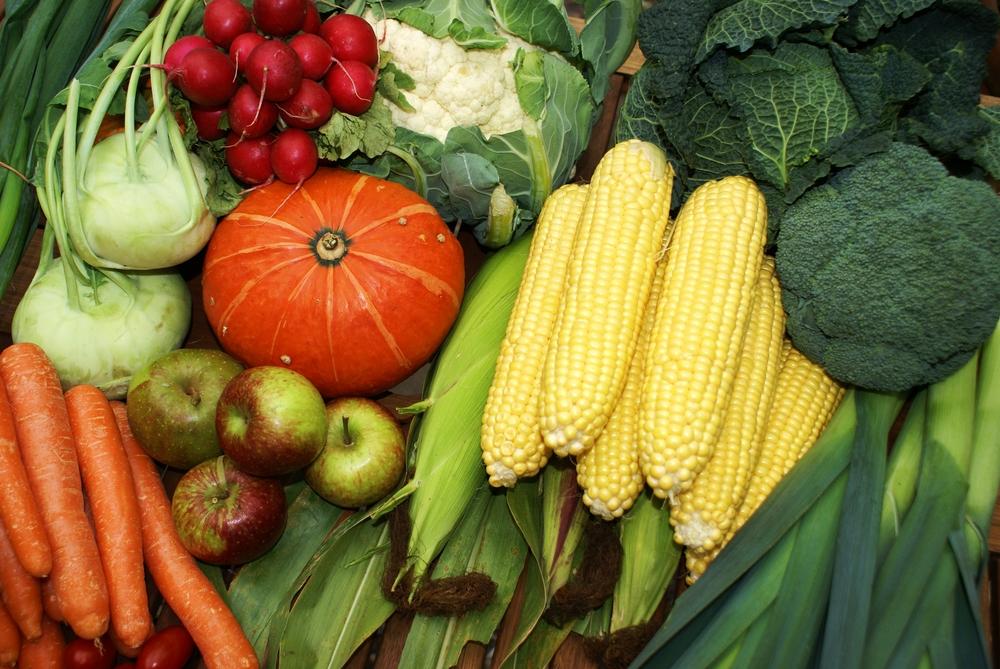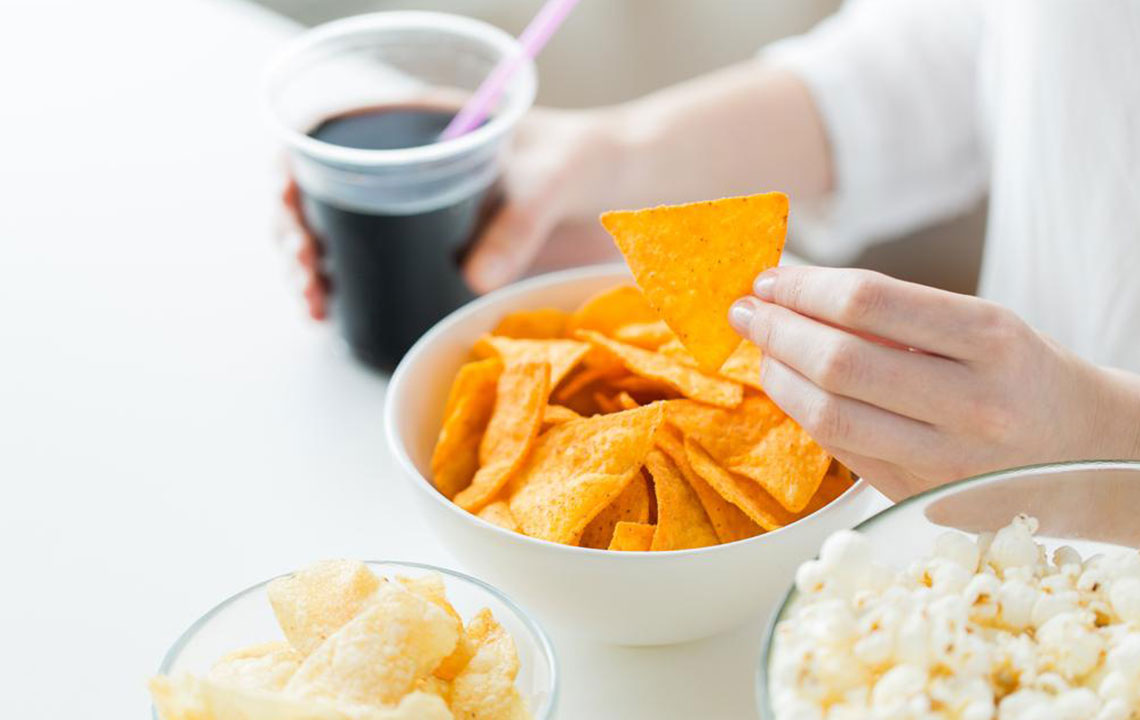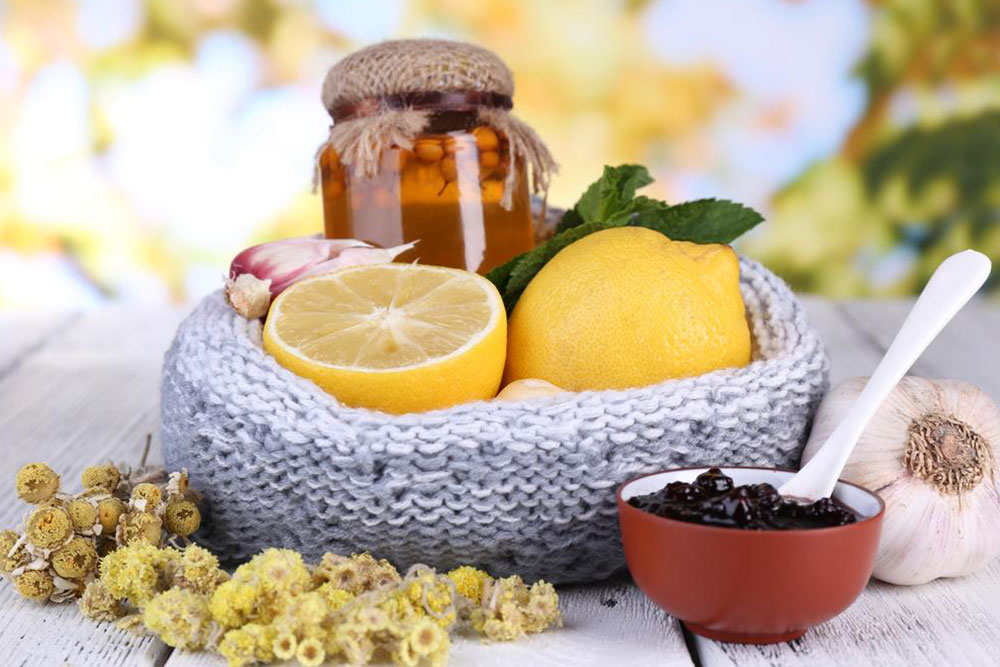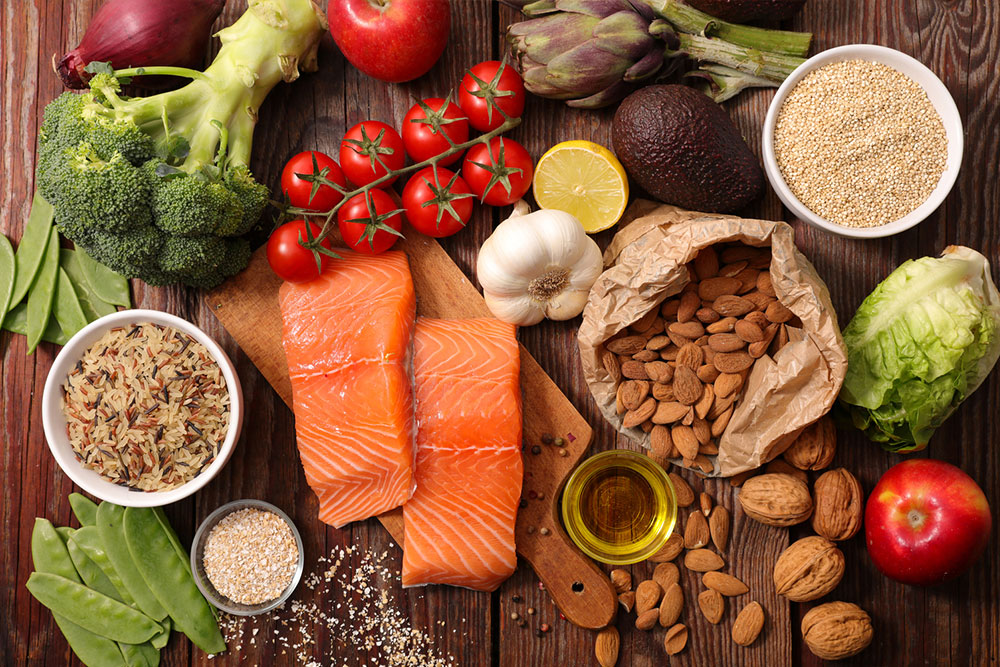Effective Dietary Strategies for Managing Diarrhea
This article offers comprehensive dietary advice for managing diarrhea, emphasizing hydration, suitable foods, and foods to avoid. It highlights the importance of timely medical intervention for persistent symptoms and discusses common causes including infections and underlying health conditions. Practical tips include consuming bland, easily digestible foods, staying well-hydrated, and recognizing when to seek medical help. Incorporating natural remedies like ginger and chamomile can provide relief, while understanding which foods trigger or worsen symptoms ensures better recovery. Proper nutrition supports quick recovery from diarrhea while preventing complications.
Managing Diarrhea with Proper Nutrition
Managing diarrhea with the right foods
Diarrhea is a common condition experienced by many, often occurring temporarily and serving as the body's way to eliminate harmful toxins, bacteria, viruses, and parasites from the digestive system. Increased intestinal activity and fluid secretion aid this process. Supporting the body with suitable foods can help manage symptoms, especially in non-infectious cases. However, persistent or severe diarrhea requires prompt medical attention to address underlying health issues.

Adults can typically wait up to two days if dehydration, high fever, bloody stools, or severe abdominal pain are absent. For children, the window is shortened to one day due to higher dehydration risk. Certain medications, including antibiotics and cancer treatments, can also cause diarrhea, requiring medical oversight. Incorporating easily digestible, electrolyte-rich foods such as bananas, plain rice, tender coconut water, and peeled potatoes can help prevent and soothe diarrhea. Hydration is paramount; fluids like broths, diluted fruit juices, and boiled water with a pinch of salt and glucose are effective for rehydration. Avoid insoluble fibers, sugary foods, and acidic fruits, which may worsen symptoms. Instead, opt for bland foods like oats, baked potatoes, lean chicken, and simple soups rich in proteins. Ginger, known for its anti-inflammatory properties, can reduce nausea and bloating—consume it as chews, teas, or ginger ale. Chamomile tea also helps relax stomach muscles and alleviate pain. The BRAT diet—bananas, rice, applesauce, and toast—is recommended for its gentle impact on the gut, providing essential nutrients and pectin to firm stools.
Foods to steer clear of include insoluble fiber-rich items like cabbage, beans, and high-sugar fruits, as well as greasy, fried foods, dairy products, and caffeine. These can irritate the digestive tract or increase gas production. Persistent diarrhea exceeding two days in adults, or one day in children, warrants medical consultation. Common causes include bacterial infections such as Salmonella, Campylobacter, Shigella, E. coli, and viral infections like rotavirus and norovirus, with vaccination offering prevention in children. Parasitic infections like Giardia and Cryptosporidium are also culprits. Serious underlying conditions—such as inflammatory bowel disease, celiac disease, colon cancer, or medication side effects—should be evaluated by healthcare professionals. Proper hydration and timely medical intervention are essential in severe or prolonged cases.










